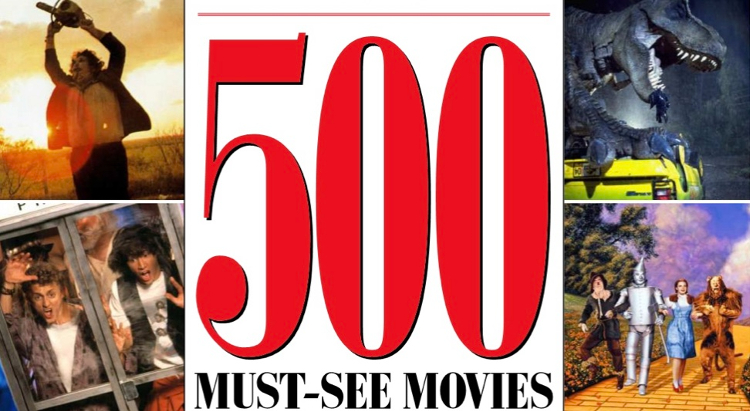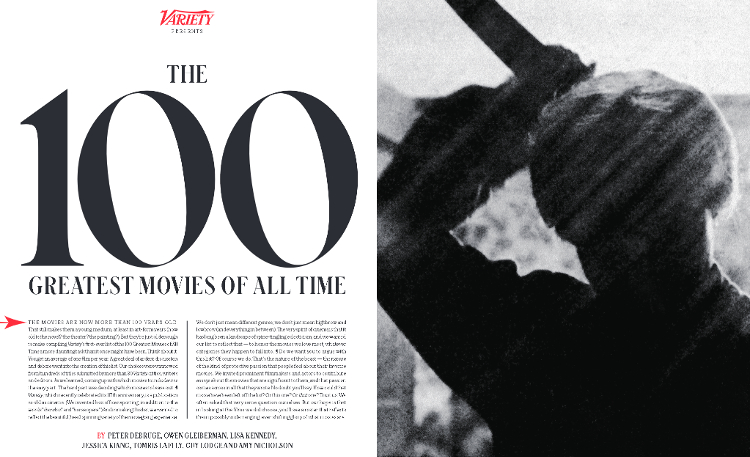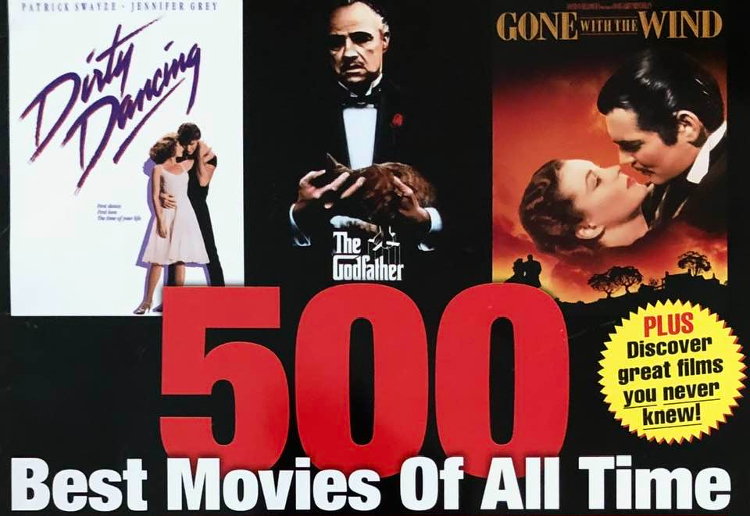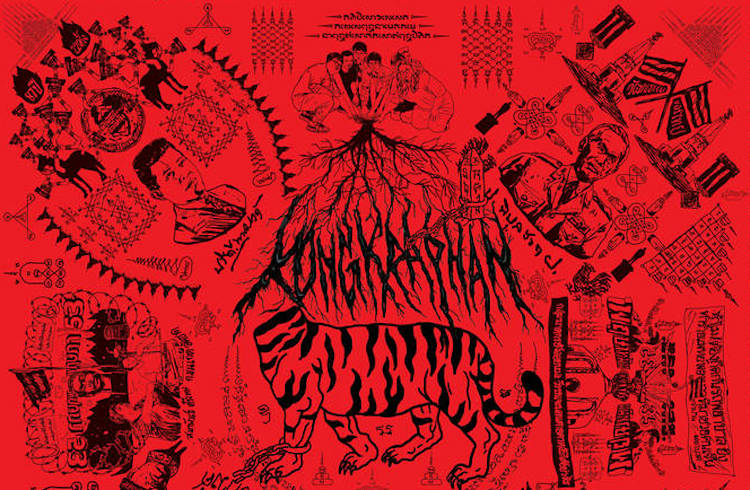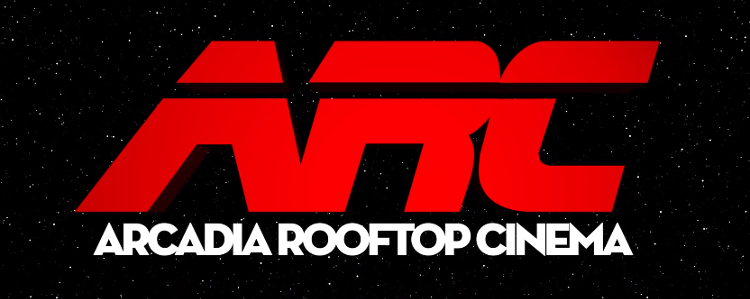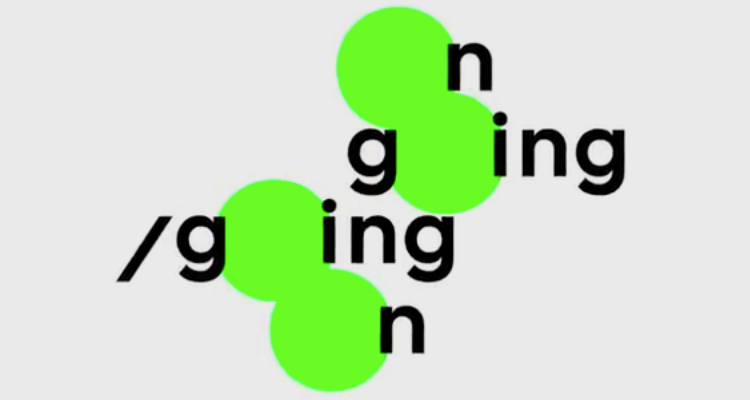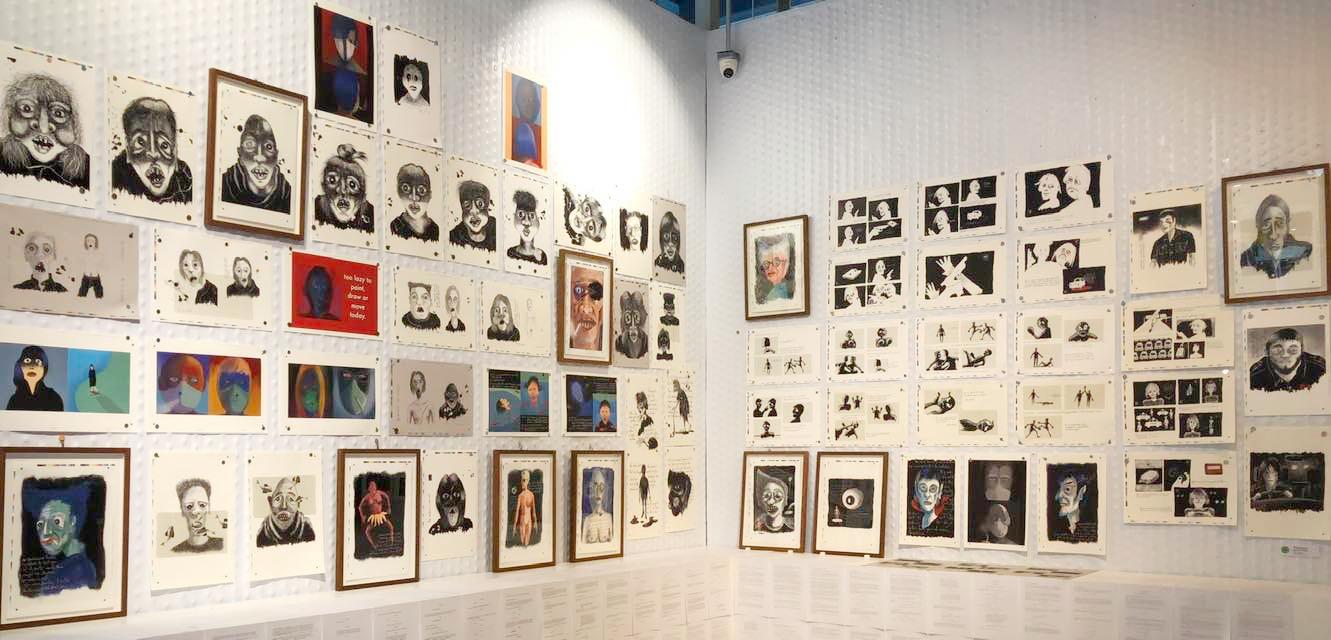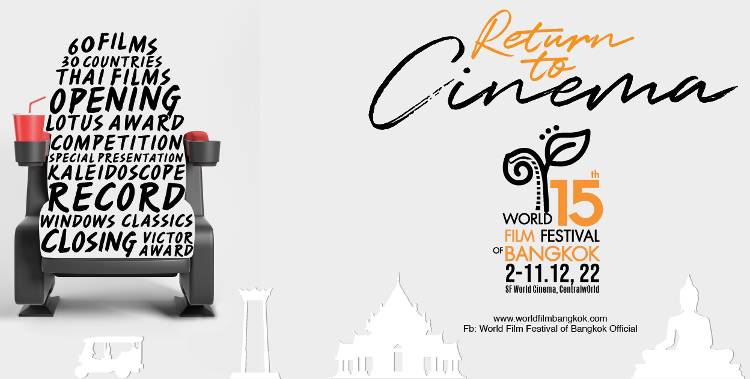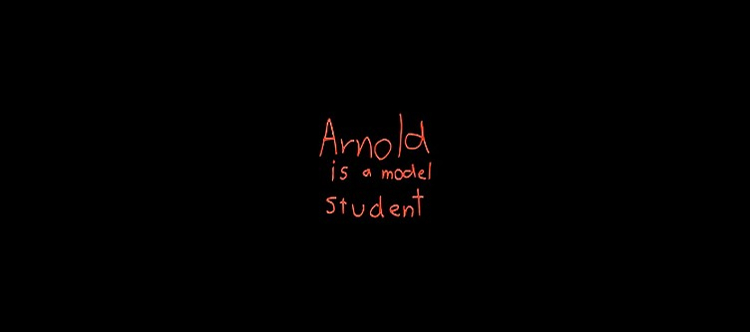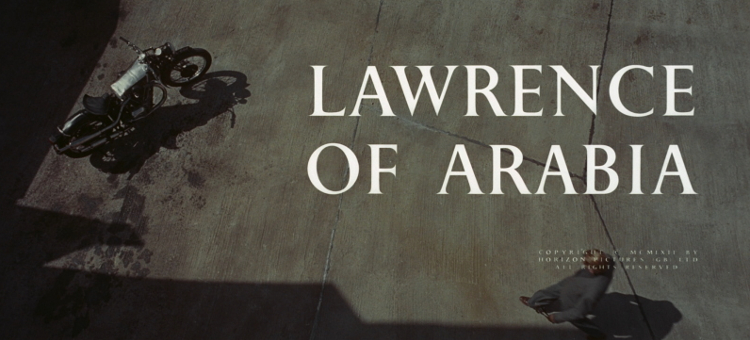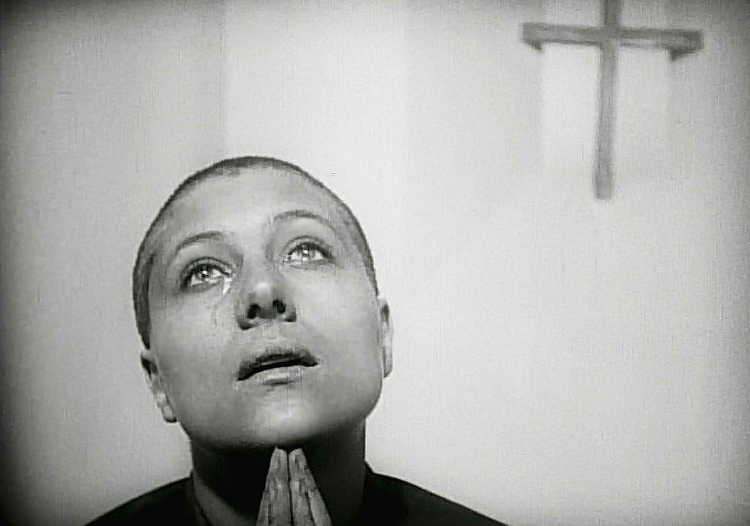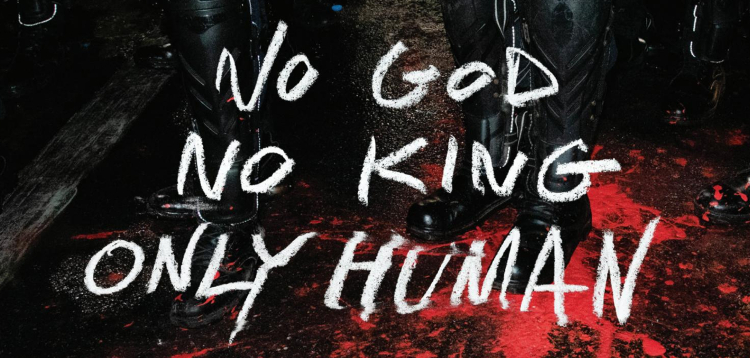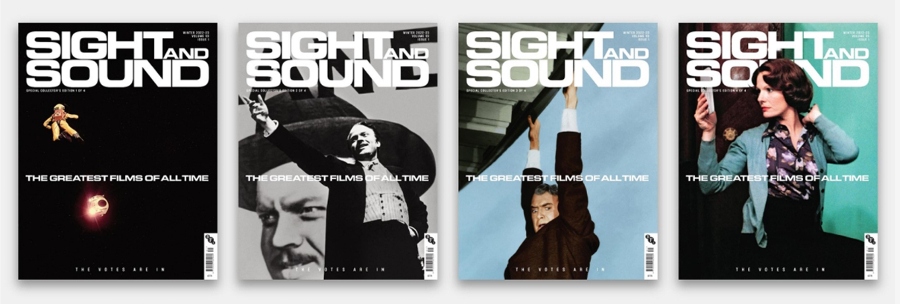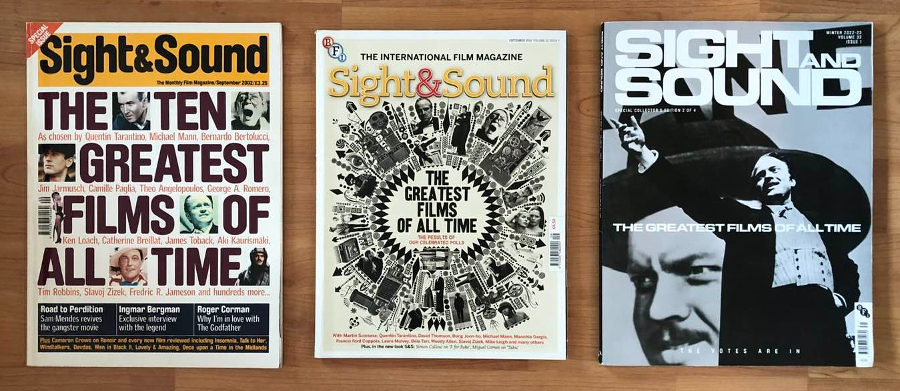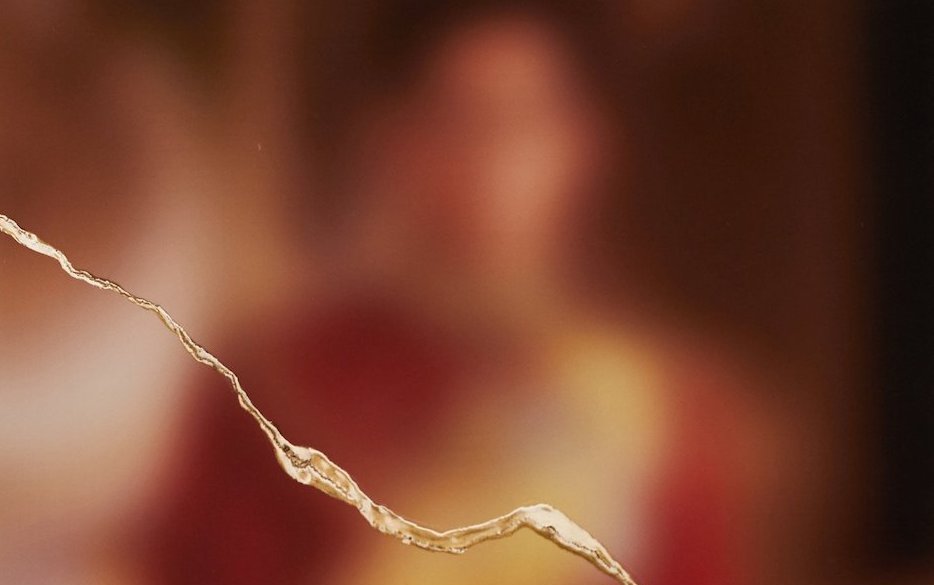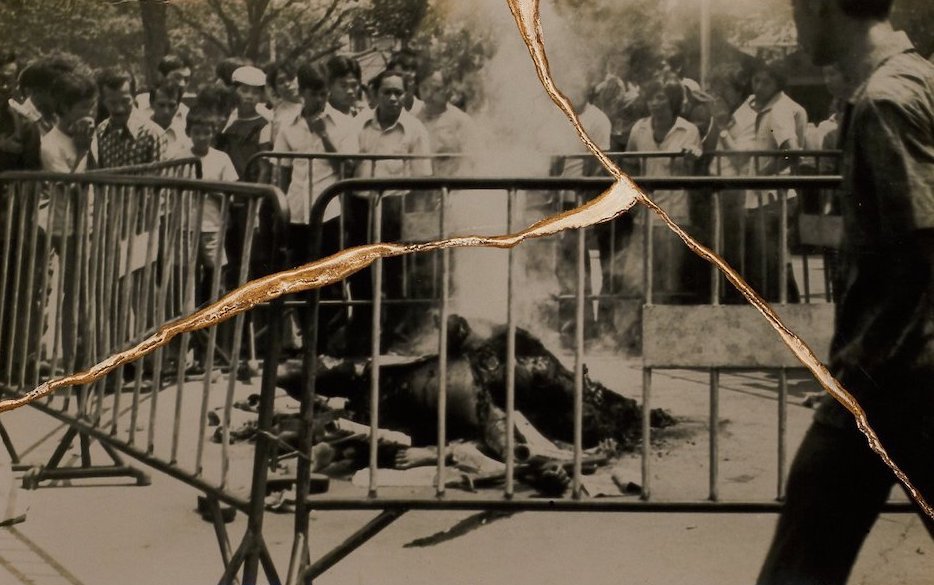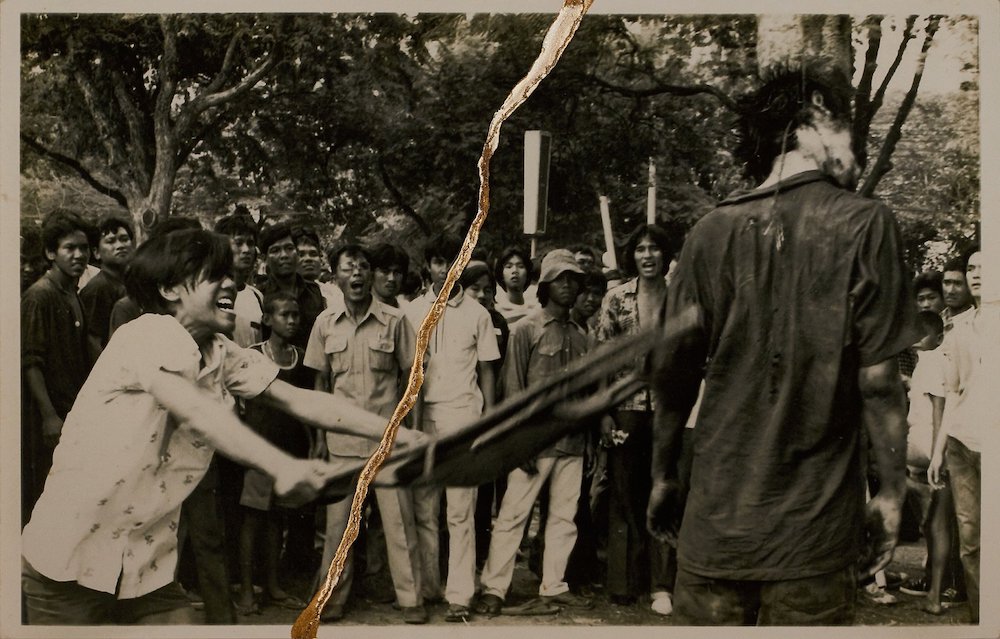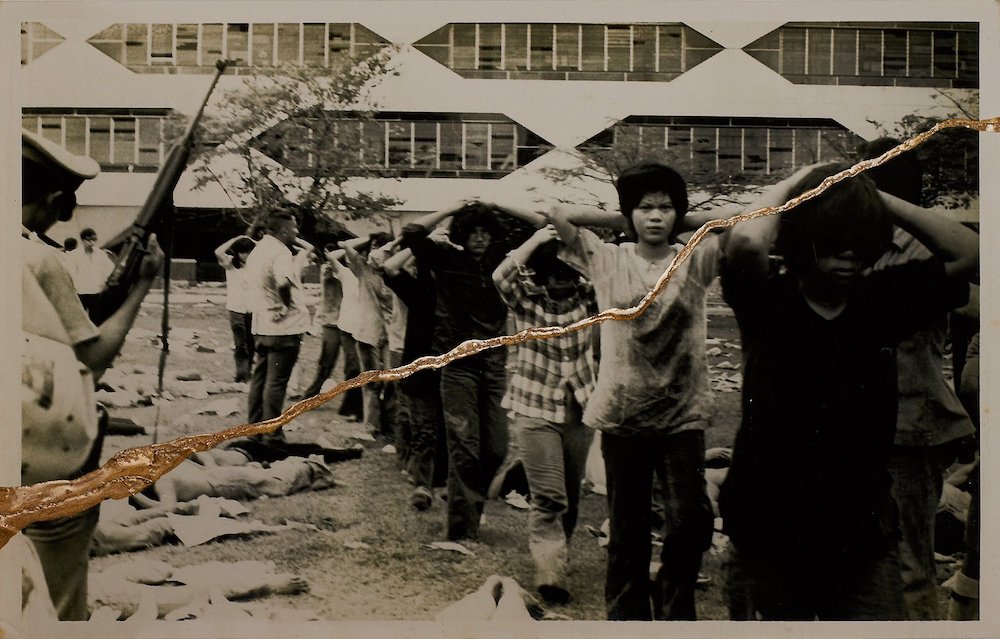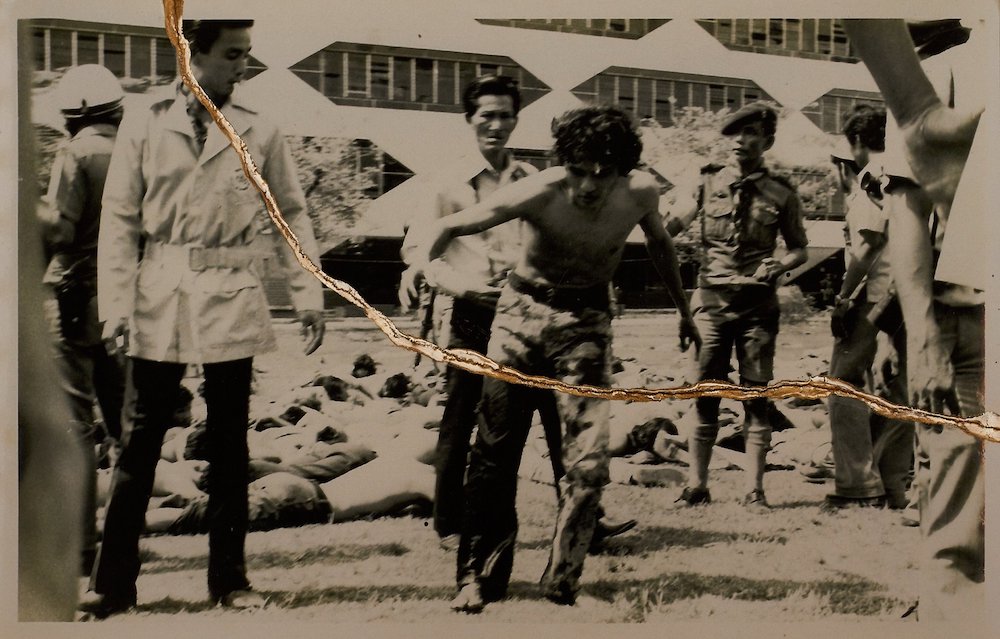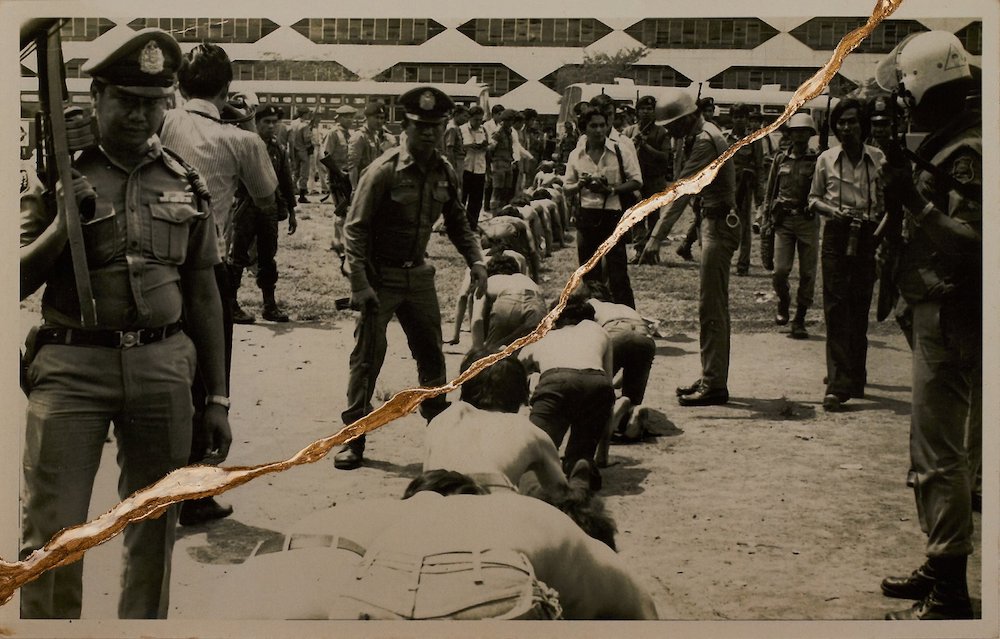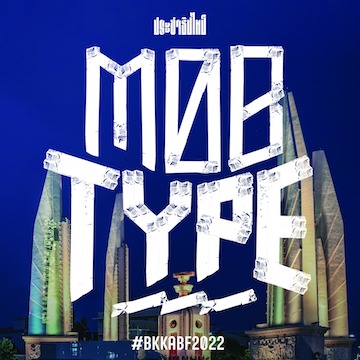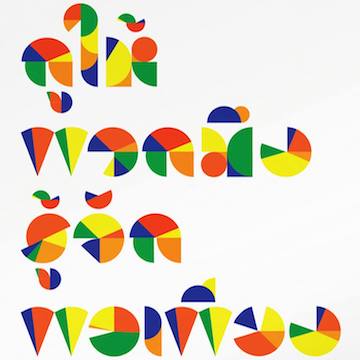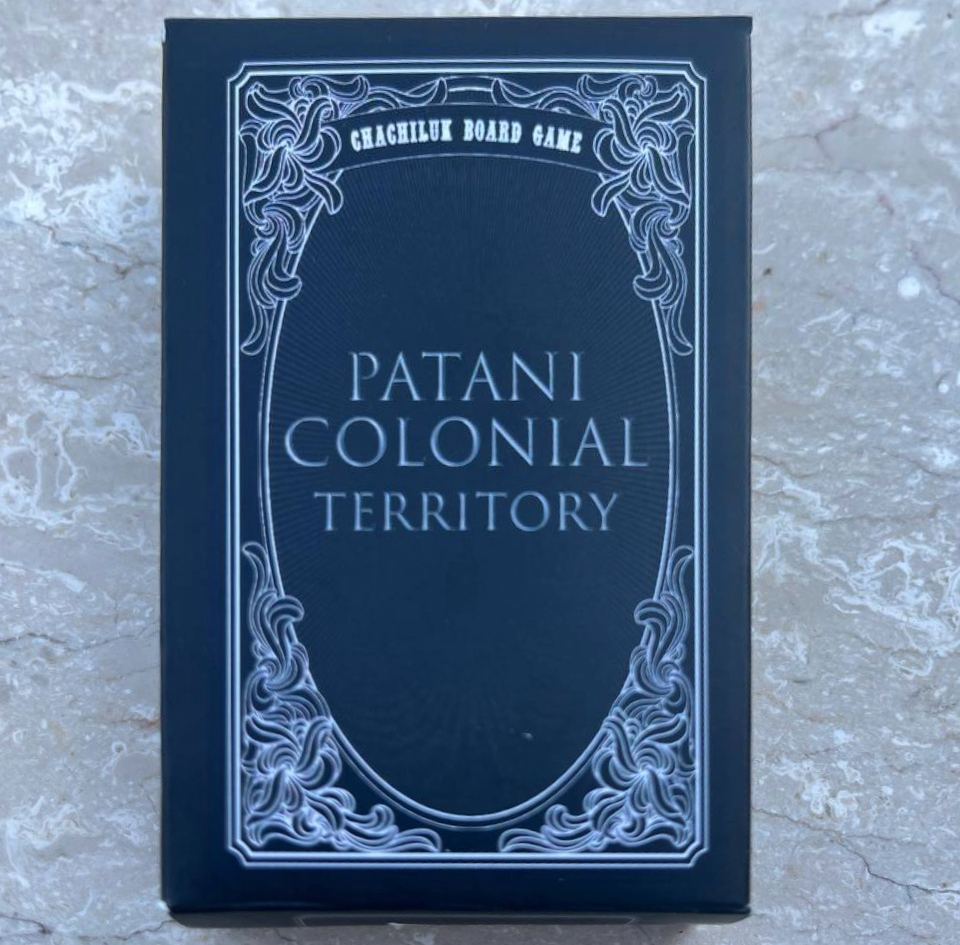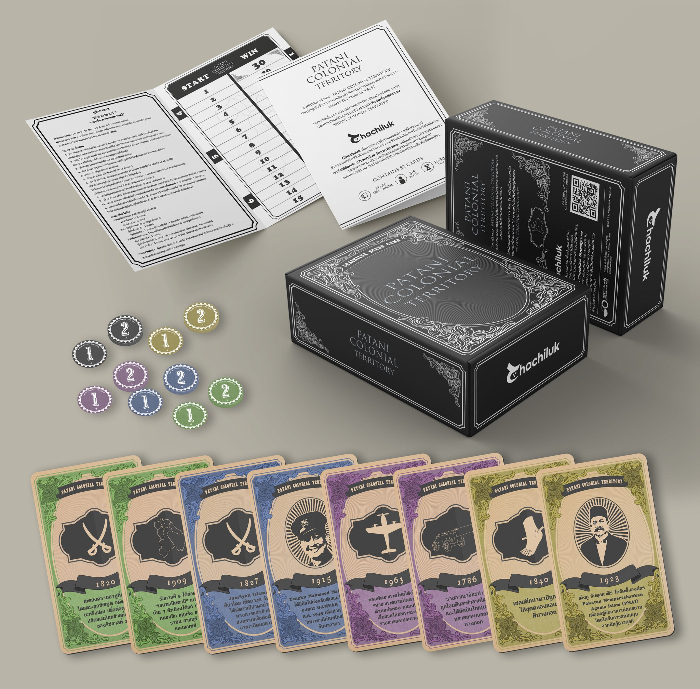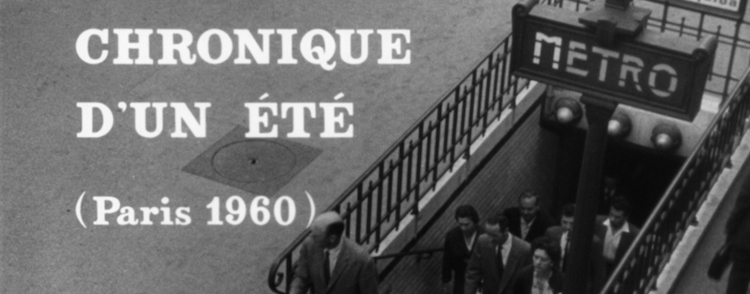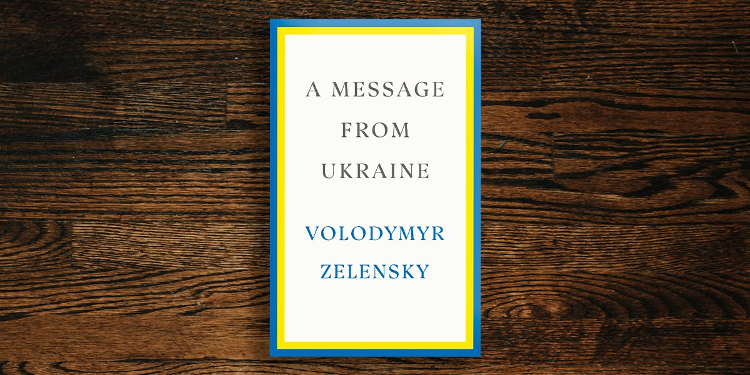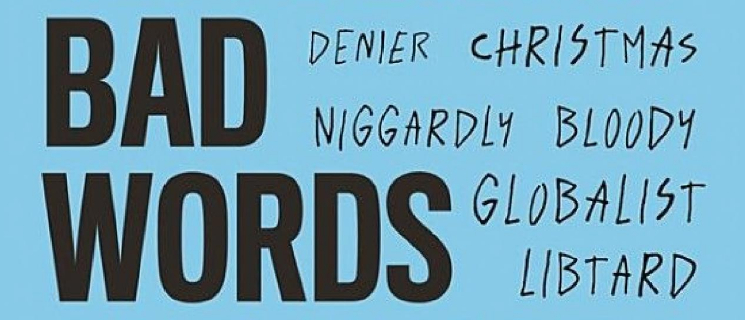
In Bad Words and What They Say about Us (published in 2019), Philip Gooden examines how tabooed language has shifted from religion to sex and bodily functions, and more recently to political correctness and identity politics. The book is bang up-to-date, exploring the linguistic legacies of Brexit and Donald Trump: Michael Gove’s cavalier dismissal of expert opinion during the Brexit referendum campaign (“the people of this country have had enough of experts”) prompts a wide-ranging discussion of ‘culture war’ issues, and Gooden draws a parallel—first noted in a blog post by Sonja Drimmer and Damian Fleming—between the Miller in Geoffrey Chaucer’s Canterbury Tales (“he caughte hire by the queynte”) and Trump’s Access Hollywood tape (“Grab ’em by the pussy”).
Bad Words includes quite thorough histories of the major four-letter words, each of which has its own chapter, though these sections are most notable for their debunking of the myths surrounding the words’ origins. These misconceptions are surprisingly persistent—upon learning that I wrote a thesis on the c-word, some people still tell me that the f-word is an acronym for ‘Fornicate Under Command of the King’—and Gooden provides a useful service in his mission “to unpick this folk etymology.”
The book’s scope also extends to racist and homophobic pejoratives, though there is little discussion of sexist terms, and Gooden tends to favour more recent citations over historical examples. For instance, he quotes a British backbench MP using the n-word in 2017, though he doesn’t mention that John Major used it when he was Prime Minister in 1993. Similarly, Gooden cites comedian Chris Rock’s positive uses of the n-word, though Richard Pryor’s earlier and more groundbreaking reappropriation of the word isn’t covered.
Peter Silverton’s Filthy English and Ruth Wajnryb’s Language Most Foul both cover similar ground to Bad Words, as does another book with the same title, edited by David Sosa. Geoffrey Hughes wrote An Encyclopedia of Swearing (expanded from his earlier book Swearing), and Hugh Rawson’s Dictionary of Invective is equally comprehensive. Forbidden Words, by Keith Allan and Kate Burridge, is the most authoritative guide to linguistic taboos, and Allen also recently edited The Oxford Handbook of Taboo Words and Language.
Bad Words includes quite thorough histories of the major four-letter words, each of which has its own chapter, though these sections are most notable for their debunking of the myths surrounding the words’ origins. These misconceptions are surprisingly persistent—upon learning that I wrote a thesis on the c-word, some people still tell me that the f-word is an acronym for ‘Fornicate Under Command of the King’—and Gooden provides a useful service in his mission “to unpick this folk etymology.”
The book’s scope also extends to racist and homophobic pejoratives, though there is little discussion of sexist terms, and Gooden tends to favour more recent citations over historical examples. For instance, he quotes a British backbench MP using the n-word in 2017, though he doesn’t mention that John Major used it when he was Prime Minister in 1993. Similarly, Gooden cites comedian Chris Rock’s positive uses of the n-word, though Richard Pryor’s earlier and more groundbreaking reappropriation of the word isn’t covered.
Peter Silverton’s Filthy English and Ruth Wajnryb’s Language Most Foul both cover similar ground to Bad Words, as does another book with the same title, edited by David Sosa. Geoffrey Hughes wrote An Encyclopedia of Swearing (expanded from his earlier book Swearing), and Hugh Rawson’s Dictionary of Invective is equally comprehensive. Forbidden Words, by Keith Allan and Kate Burridge, is the most authoritative guide to linguistic taboos, and Allen also recently edited The Oxford Handbook of Taboo Words and Language.



